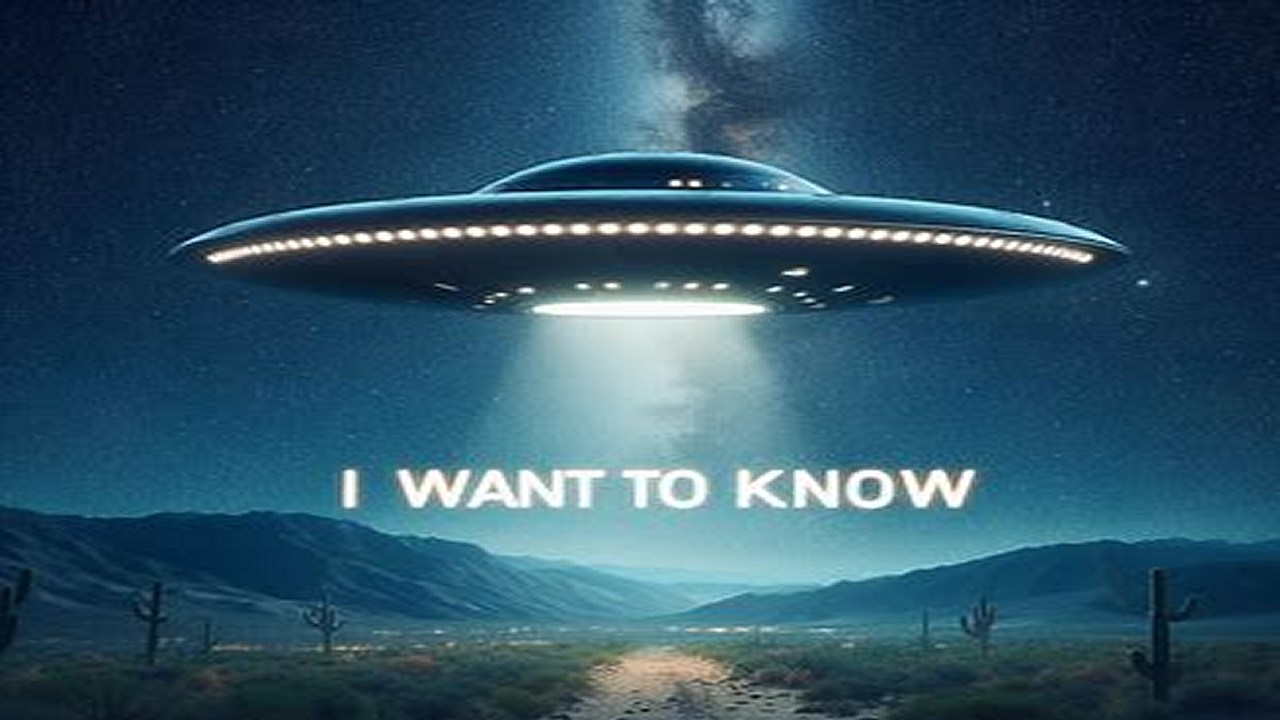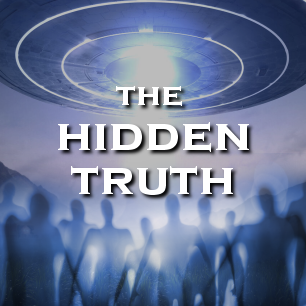Blog Categories
- African Incidents
- Atlantis Incidents
- Australian Incidents
- Belgian Incidents
- Bermuda Triangle Incidents
- Brazilian Incidents
- Canadian Incidents
- Chinese Incidents
- European Incidents
- France Incidents
- Ghosts
- Giants
- Italy Incidents
- Japanese Incidents
- Middle East Incidents
- Portugal Incidents
- Project Serpo
- Puerto Rico Incidents
- Russian Incidents
- Sasquatch
- Scandinavia Incidents
- Spanish Incidents
- UFOs
- United Kingdom Incidents
- United States Incidents
I Want to Know about the UFOs

In a world captivated by the mysteries of the universe, the phrase "I want to believe" has long served as a rallying cry for those enamored with the idea of extraterrestrial life.
However, as we stand on the precipice of technological advancement, perhaps it's time to shift our narrative from passive hope to active inquiry.
"I want to know" should be our new war cry, a declaration that transcends mere belief and demands answers from the cosmos.
The transition from belief to knowledge represents a paradigm shift in our approach to the unknown. Instead of relying on faith and speculation, we are embracing a mindset rooted in curiosity and scientific exploration.
In an era marked by technological leaps, it's only fitting that our stance on the existence of extraterrestrial life evolves as well.
"I want to know" signifies a call to action. It implies a commitment to seeking tangible evidence, conducting rigorous research, and pushing the boundaries of our understanding.
As a species capable of sending probes to distant planets and peering into the deepest reaches of space, we should no longer settle for mere belief.
Our insatiable curiosity, coupled with the tools at our disposal, empowers us to actively pursue the truth about extraterrestrial life.
This shift in perspective not only challenges us to embrace the scientific method but also encourages collaboration among researchers, space agencies, and enthusiasts worldwide.
By fostering a collective desire to know, we can amplify our efforts to unravel the mysteries that lie beyond our planet. Governments, scientists, and citizens alike should unite under the common goal of transforming speculation into certainty.
"I want to know" is a declaration that transcends borders and ideologies. It unites people from different walks of life in the pursuit of a shared truth.
As we gaze at the stars, we must no longer be content with wishful thinking. Instead, let our collective voice echo through the cosmos, demanding answers that will reshape our understanding of the universe.
In conclusion, the time has come to elevate our discourse from passive belief to active pursuit of knowledge.
"I want to know" encapsulates the spirit of a generation poised to uncover the secrets of the cosmos.
Through scientific inquiry, collaboration, and a shared commitment to discovery, we can turn our collective gaze to the stars with a newfound determination to know what lies beyond.
Post from user 19202936339 at at reddit.

In a world captivated by the mysteries of the universe, the phrase "I want to believe" has long served as a rallying cry for those enamored with the idea of extraterrestrial life.
However, as we stand on the precipice of technological advancement, perhaps it's time to shift our narrative from passive hope to active inquiry.
"I want to know" should be our new war cry, a declaration that transcends mere belief and demands answers from the cosmos.
The transition from belief to knowledge represents a paradigm shift in our approach to the unknown. Instead of relying on faith and speculation, we are embracing a mindset rooted in curiosity and scientific exploration.
In an era marked by technological leaps, it's only fitting that our stance on the existence of extraterrestrial life evolves as well.
"I want to know" signifies a call to action. It implies a commitment to seeking tangible evidence, conducting rigorous research, and pushing the boundaries of our understanding.
As a species capable of sending probes to distant planets and peering into the deepest reaches of space, we should no longer settle for mere belief.
Our insatiable curiosity, coupled with the tools at our disposal, empowers us to actively pursue the truth about extraterrestrial life.
This shift in perspective not only challenges us to embrace the scientific method but also encourages collaboration among researchers, space agencies, and enthusiasts worldwide.
By fostering a collective desire to know, we can amplify our efforts to unravel the mysteries that lie beyond our planet. Governments, scientists, and citizens alike should unite under the common goal of transforming speculation into certainty.
"I want to know" is a declaration that transcends borders and ideologies. It unites people from different walks of life in the pursuit of a shared truth.
As we gaze at the stars, we must no longer be content with wishful thinking. Instead, let our collective voice echo through the cosmos, demanding answers that will reshape our understanding of the universe.
In conclusion, the time has come to elevate our discourse from passive belief to active pursuit of knowledge.
"I want to know" encapsulates the spirit of a generation poised to uncover the secrets of the cosmos.
Through scientific inquiry, collaboration, and a shared commitment to discovery, we can turn our collective gaze to the stars with a newfound determination to know what lies beyond.
Post from user 19202936339 at at reddit.

